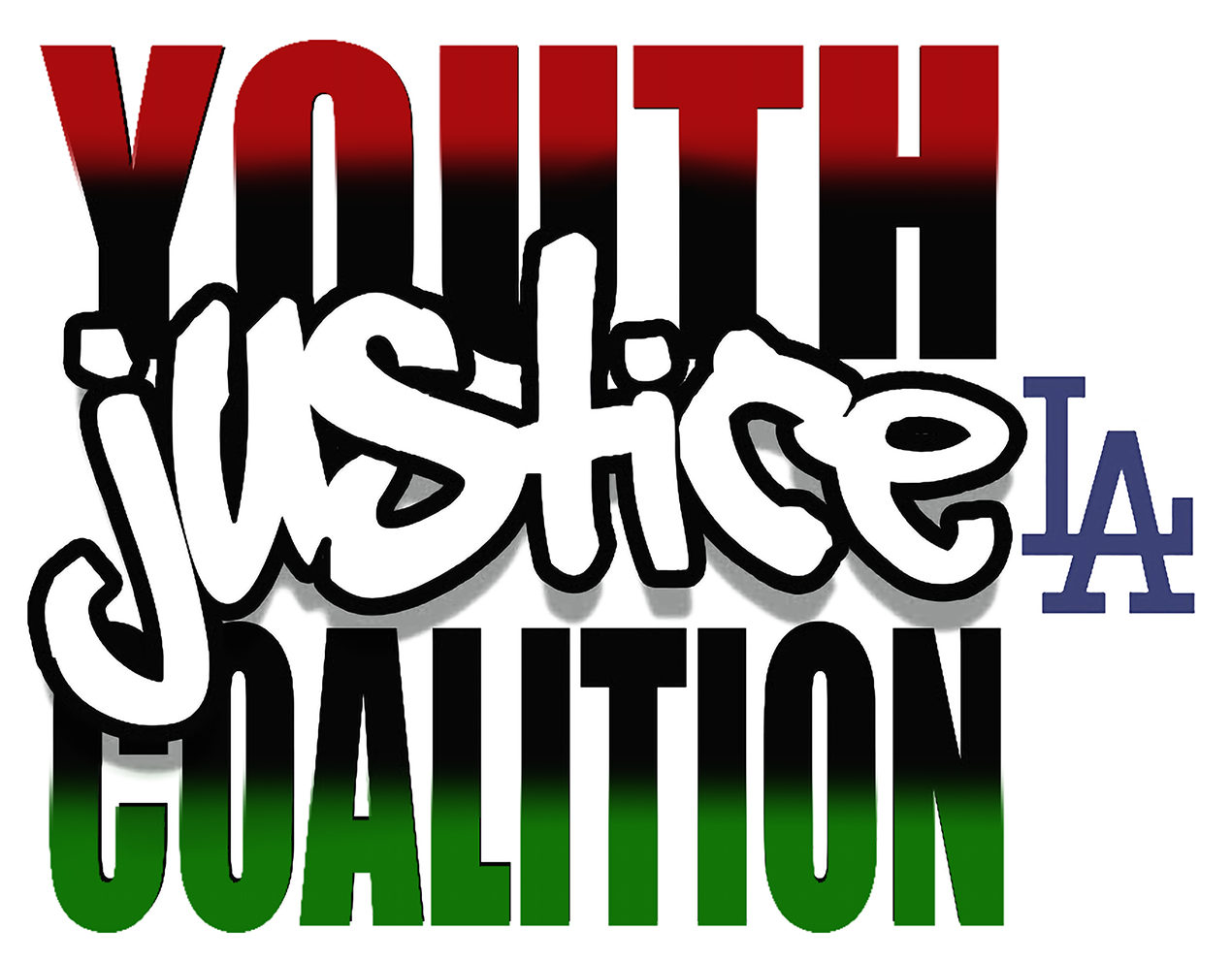The YJC is an active member of Cease Fire, working to build truces and stop retaliation among L.A.’s street gangs, the Southern California Committee to Defeat the Runner Initiative, the Girls’ Collaborative (planning for the needs of girls in the system), All of Us Or None, the Watts Gang Task Force, the No New Jails Coalition, Prison Times Newspaper, the San Fernando Valley Juvenile Justice Task Force, Southern Californians for Youth (L.A.’s youth organizing network), and the Community Engagement Committee of the City Council’s Ad Hoc Committee on Gang Violence and Youth Development. We also work closely with CADRE to address zero tolerance and discipline in schools.
The YJC has been an active partner in the effort with a Work Group including Human Rights Watch and several juvenile defenders to end the sentencing of youth in California to life without parole.
The YJC has created and coordinated the Deon Whitfield Work Group, L.A.’s first effort to bring system decision makers, advocates, youth and parents together on a monthly basis to address key juvenile justice issues. Members include many system-involved parents and youth; several community based organizations; human and civil rights organizations including Human Rights Watch, the ACLU and the Advancement Project; the Los Angeles Police Department; the L.A. County Sheriffs Department; the County Departments of Health, Probation and Community and Children’s Planning; the L.A. City Mayor’s Office; the City Council; and the County Youth and Probation Commissions.
The Role of the YJC locally, statewide, nationally
During the past three years, the YJC was active on the Los Angeles Local Organizing Committee (LALOC, building youth electoral participation and power). The LOC has since disbanded, but the YJC has continued the voting rights work for youth and adults who are currently or previously detained or incarcerated.
On the state level, the YJC is active on the movement building committee and the Board of the California Fund for Youth Organizing, as well as with CEPS (Coalition for Effective Public Safety) and CURB (Californians United for a Responsible Budget), which advocate for reductions in the state funding of prisons.
On the national level, we represent California on the National Juvenile Justice Network and are active with the Community Justice Network for Youth (who we also worked with over the past year to develop a system accountability plan for L.A. regarding disproportionate system contact/confinement for youth of color –a.k.a. DMC).
The YJC’s role in the larger movement for social justice
The YJC is proud to be a small part of a growing movement led by incarcerated and formerly incarcerated people and our families to challenge the mass incarceration of poor people, people of color, and immigrants.
As under membership, the YJC is led by young people between the ages of 7 and 24 who have direct experience with the juvenile and/or criminal injustice systems – (YJC members are either previously or currently under arrest, detained, incarcerated, on Probation and/or Parole or have immediate family members that have been incarcerated for long periods.) It represents one of the nation’s few organizing projects led by people who are currently or formerly detained or incarcerated. Therefore, the YJC usually represents the only system-involved youth and parent voice in local, statewide and national coalitions, networks and public education efforts.
The YJC and its members often serve to:
- build pride and promote the ending of shame, isolation and secrecy among system-involved people and our families;
- push the debate further toward major change within and/or the dismantling of institutions, policies and practices that cause mass criminalization, incarceration, deportation and/or murder of youth and communities;
- hold institutions and policy makers accountable for the conditions and discrimination that gives rise to, and maintains crime and violence; and
- give first-person, eye-witness accounts of the brutality of urban poverty, schools that look and operate like prisons, gang wars, police suppression and institutionalization.
